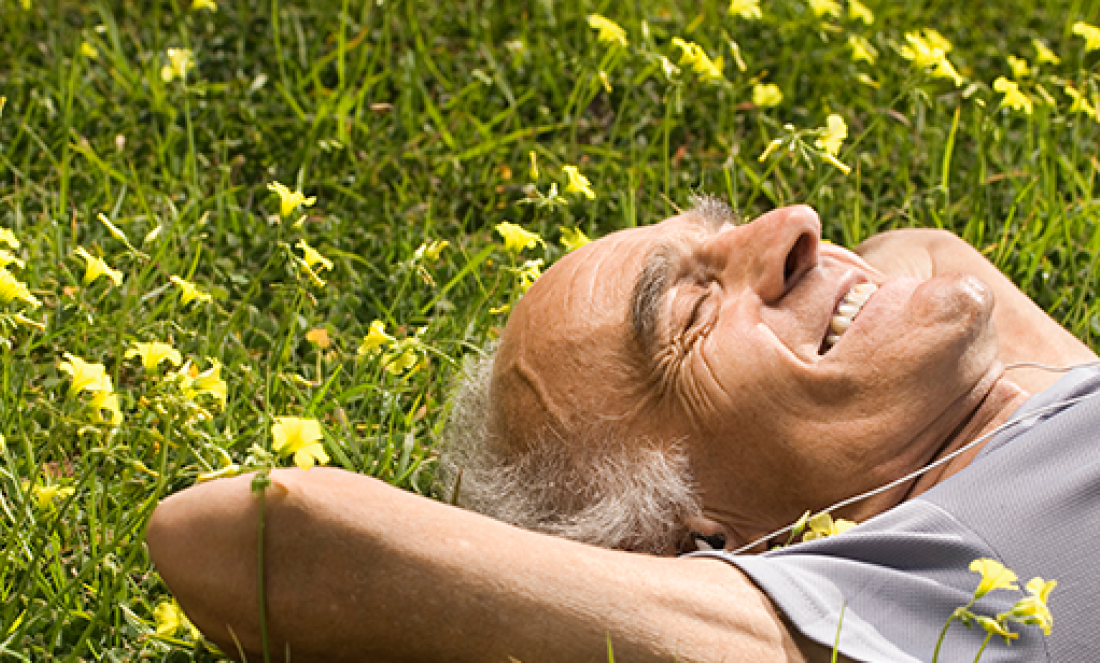
Arterial hypertension
High blood pressure is considered to be the permanent elevation of blood pressure, which is considered a cardiovascular risk factor by increasing the likelihood of the occurrence of vascular complications (heart failure, ischemic heart disease, cerebrovascular disease).
It is the most frequent chronic pathology in the elderly, also having an influence as a risk factor in Alzheimer's type dementia, depressive disorders, confusional conditions, falls with the consequent risk of disability that it entails.
As recommendations for an adequate control of blood pressure:
- To avoid overweight or obesity, in the elderly it is advisable to maintain a Body Mass Index (BMI) [Weight (Kg)/Size (m) 2]of 25 to 28 Kg/m2.
- Practice aerobic physical exercise (walking, swimming, dancing) regularly and gradually.
- Reduce salt intake to less than 5 grams a day (less than 2.8 g/day is recommended), as the elderly have a greater pressure effect related to sodium. Avoid pre-cooked foods, sausages, olives because of their high sodium content. It is usually useful to remove the salt shaker from the table, other condiments can be used (garlic, basil, saffron, thyme) to increase palatability.
- Increase consumption of fruit, vegetables, fibre, eat fish about twice a week. Encourage the Mediterranean diet.
- Avoid tobacco consumption. Decrease alcohol consumption (in men less than 30 grams a day and in women 20 grams of alcohol a day, calculating with Basic Units of Alcohol UBA). 1 UBA = 10 grams of alcohol/day. (Table of equivalences: a glass of wine 100-125 ml, beer cane 200-250 ml, cava 100-125 ml or a glass of sherry 60 ml=1 UBA; a glass of cognac 50 ml, combined 70 ml or a vermouth 100 ml=2 UBA)
Follow the advice given by your doctor regarding blood pressure measurement and the therapeutic measures in place. If you have any doubts regarding the monitoring, treatments and objectives of the measures, please consult your doctor.


Add new comment